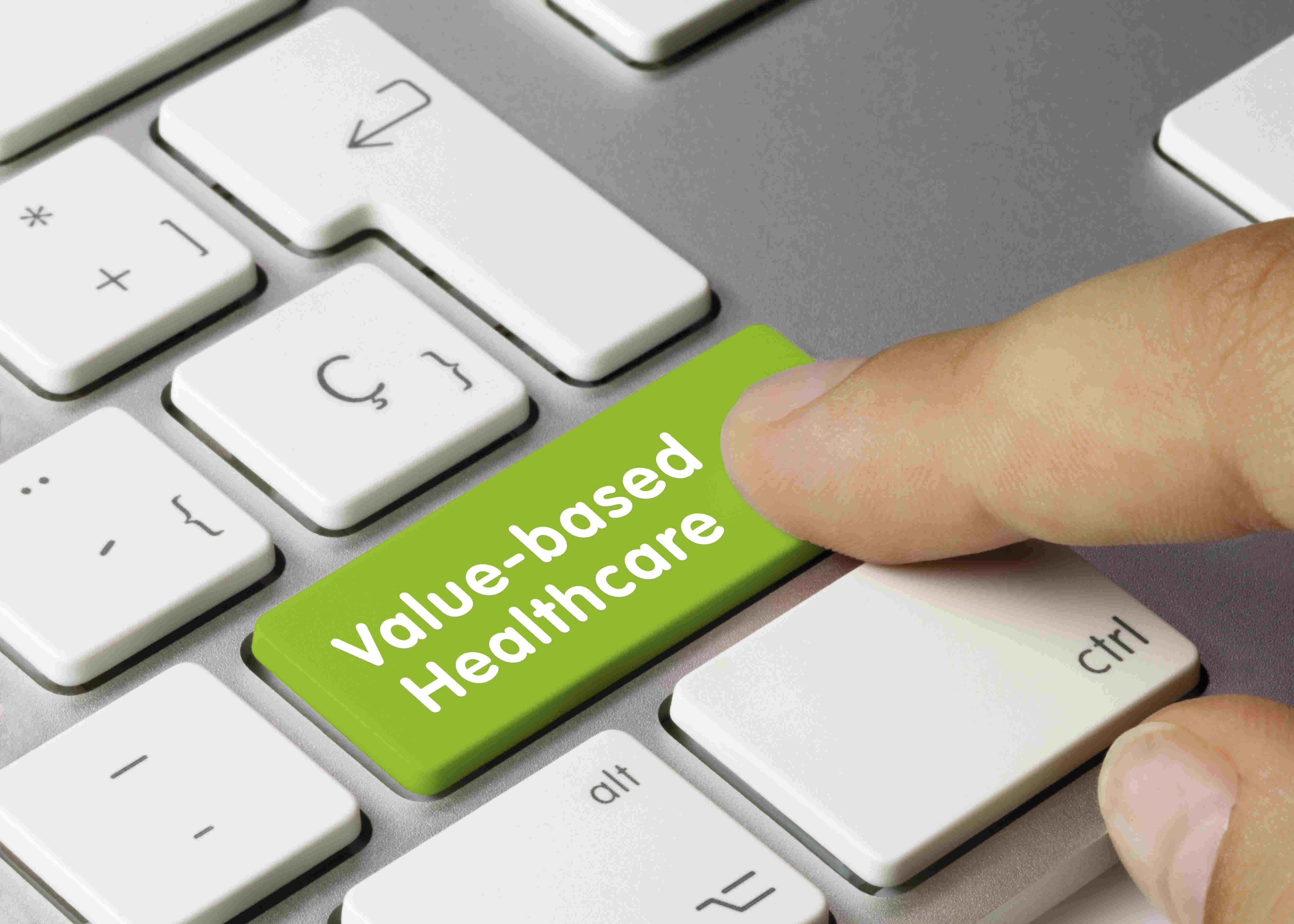
@ShahidNShah


Value-based care is becoming increasingly popular with payers because it reimburses for outcomes rather than services putting a greater focus on the long-term health of the insured. Physicians have been slow to move away from traditional fee-for-service, but there are growing cost pressures in health care to reduce spending and payers see value-based care as the best method to address the issue. In order to entice more physicians to make the jump to value-based contracts, payers will often offer risk-adjusted models where the physician assumes some of the financial risk, but also shares in the savings. If a practice is efficient and invests in preventive care for its patients, revenue and profit can be increased, but only if the right investments are made in technology and tracking. Medical Economics spoke with Patrick Sulzburger, CPA, owner of Coding and Compliance Initiatives, about the pros and cons of risk-adjusted payment models and what a practice needs to do to be successful with them.
Value-based care is gaining popularity with payers as it incentivizes outcomes over services and encourages preventive care. To address growing cost pressures in healthcare, payers offer risk-adjusted payment models that require physicians to assume some financial risk but also share in the savings. To be successful with these models, practices must invest in technology and tracking, and prioritize preventive care for patients. While there are potential drawbacks to these models, they can increase revenue and profit if implemented correctly.
Continue reading at medicaleconomics.com
Data access management is an essential component of a zero-trust security strategy. The healthcare industry faces many data protection challenges, such as encrypting payment card data and meeting …
Connecting innovation decision makers to authoritative information, institutions, people and insights.
Medigy accurately delivers healthcare and technology information, news and insight from around the world.
Medigy surfaces the world's best crowdsourced health tech offerings with social interactions and peer reviews.
© 2025 Netspective Foundation, Inc. All Rights Reserved.
Built on Apr 22, 2025 at 12:57pm